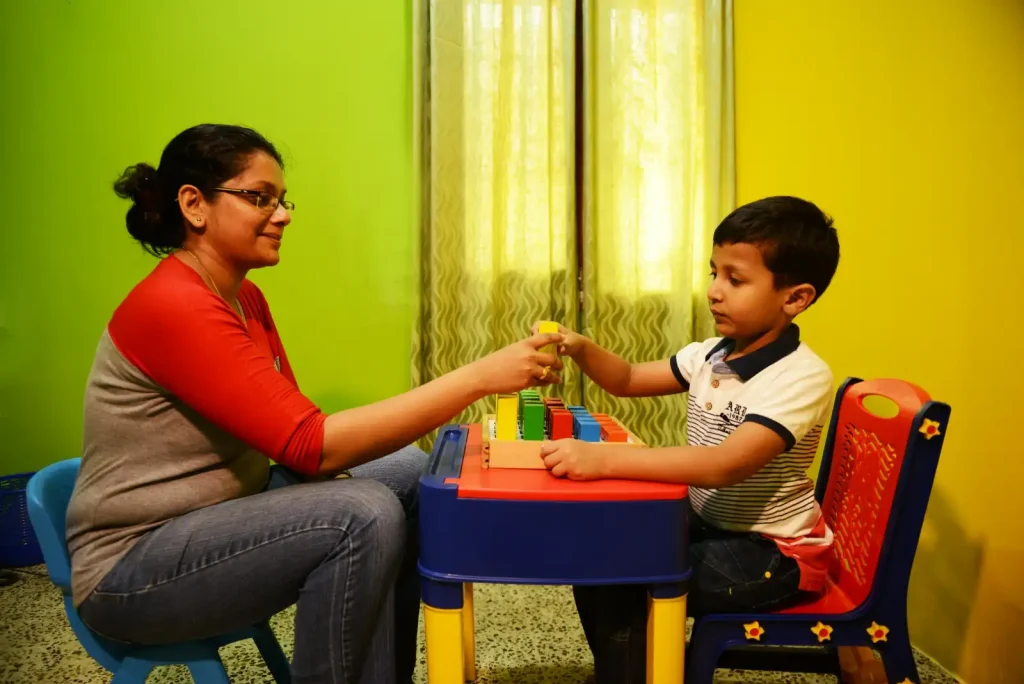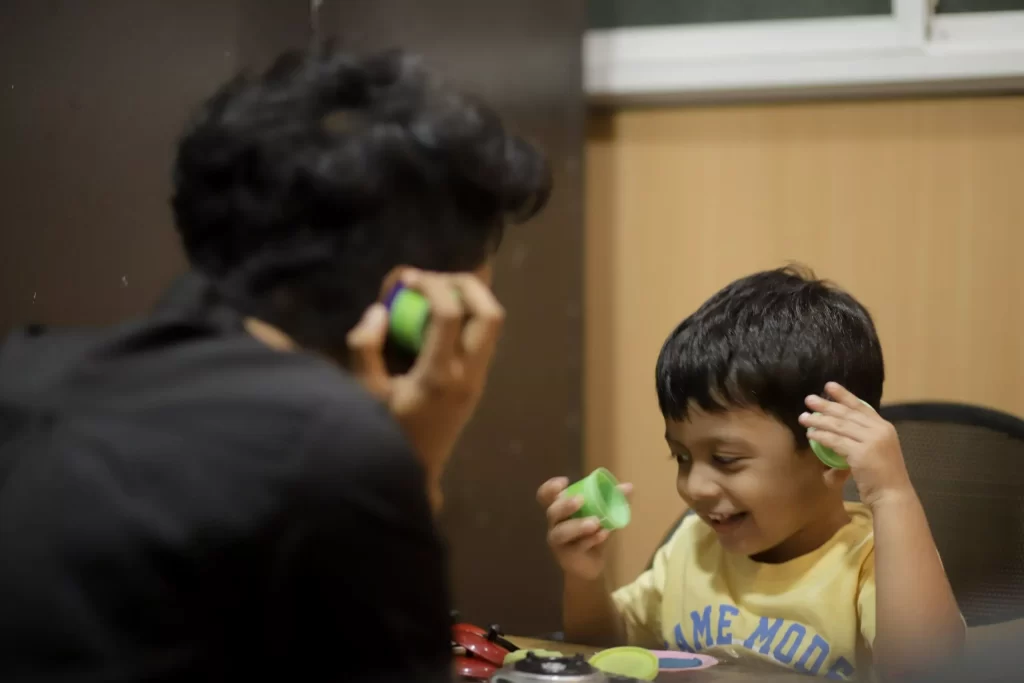
Written By
Sneha Jacob, M.Sc. SLP
Speech Language Pathologist

Clinically Reviewed By
Anju R, M.Sc. SLP
Speech Language Pathologist
What is Neurodiversity?
In recent years, the term ‘Neurodiversity’ has changed the various notions about Autism from a disorder to a difference. This concept promotes the idea that the diverse neurological conditions that exist within the human population, including autism, ADHD, dyslexia, etc. are not abnormalities. Rather, they are variations of the human brain that should be recognized, respected, and embraced. For instance, while someone with ADHD might struggle with traditional organizational tasks or sustained attention in conventional settings, they may excel in environments that require rapid problem-solving and creativity. Similarly, autistic individuals often have deep focus and expertise in areas they are passionate about, bringing unique perspectives and skills to the table. Let’s dive in a little further and explore more!

Embracing Neurodiversity
Diverse neurological perspectives can lead to innovative solutions and creativity. Embracing neurodiversity helps to build a society that is truly inclusive. This involves creating environments in schools, workplaces, and communities that are accommodating and supportive of all types of neurological populations. When neurodivergent individuals are accepted and valued, it leads to increased self-esteem and a stronger sense of community. Acceptance empowers individuals to contribute openly.
Challenges in Accepting Neurodiversity
Despite the benefits, embracing neurodiversity is not without challenges. Educational systems, workplaces, and social settings often have deeply ingrained norms that do not accommodate diverse neurological needs.
How Can We Support Individuals with Neurodiversity?
- Increasing awareness about neurodiversity is crucial. Workshops, seminars, and courses can educate the public about the strengths and challenges of neurodivergent individuals.
- Employers can make practical adjustments to the workplace to better suit neurodivergent employees, such as offering flexible working hours, quiet spaces, and tailored communication strategies.
- Advocating for policies that protect the rights of neurodivergent individuals and ensure their needs are met in educational, professional, and public domains is essential.
- Schools and workplaces need to adapt more flexibly to the learning and working styles of autistic individuals. This could include offering sensory-friendly environments or more structured work processes.
- Access to Resources: Ensuring that autistic individuals have access to therapies, support services, and accommodations is crucial for allowing them to participate fully in society.
Conclusion
Embracing neurodiversity is about recognizing the intrinsic value of all human beings and acknowledging that every brain works differently. By fostering an environment where these differences are celebrated rather than suppressed, we pave the way for a more diverse, innovative, and inclusive world. Let’s learn not only to accommodate but also to appreciate the rich tapestry of human neurology.


